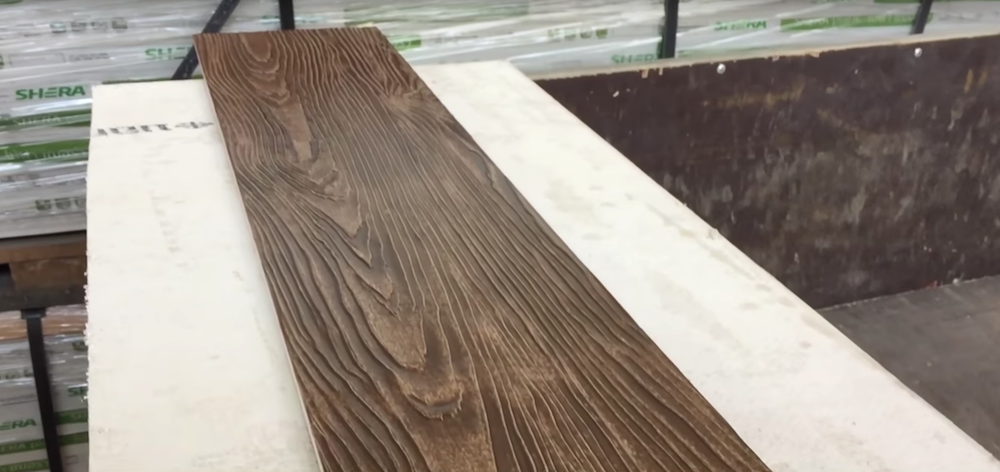In the direction of the grain the thermal conductivity of wood is about twice what it is perpendicular to the grain.
Thermal conductivity of hardwood siding.
This term is typically expressed in units of btu per hour per sq ft per degree fahrenheit per inch of thickness.
C or thermal conductance of these materials is the reciprocal of the r value.
For example the thermal conductivity of pine in the direction of the grain is 0 22 w moc and.
C is known only when the k the thermal conductivity of a material is known.
Values are also presented which will permit modification of the thermal conductivity factors when conditions require other mean temperatures.
Thermal conductivity is a material property that describes ability to conduct heat thermal conductivity can be defined as the quantity of heat transmitted through a unit thickness of a material in a direction normal to a surface of unit area due to a unit temperature gradient under steady state conditions.
Thermal conductivity declines as the density of the wood decreases.
Presently wood has become an alternative to brick in the construction of homes.
Hour degf.
Plywood typically has a k value of 1 or less while ceramic tile for.
The thermal conductivity of wood is relatively low because of the porosity of timber.
The ability of a material to conduct heat is measured by the thermal conductivity k.
Design values of thermal conductivity at that temperature are presented for all of the common classes and kinds of insulation board hardboard and particleboard.
The higher the k value the greater the ability of the material to conduct heat.
Thermal conductivity of pine.
A collaborative platform that significantly improves the process to chronicle share and advance projects online.
The lower the k the higher the insulation value.
This change in construction material can be attributed to the thermal conductivity of softwoods being approximately 1 7 that of brick.
K btu inch sq ft.
Conductivity can be an issue in situations such as the installation of an underfloor hydronic heating system where you want the flooring to conduct heat.

